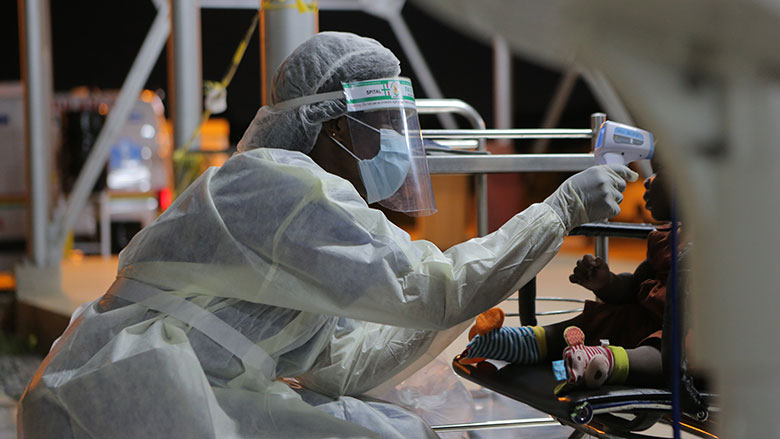A collaborative research paper on Ghana’s work in health communication about the COVID‐19 pandemic has found disparities in health information access across Ghana, especially in rural communities.
Like many countries around the world, the COVID‐19 pandemic has had devastating economic and humanitarian effects on Ghana.
“Health information access disparities, particularly in rural areas of Ghana worsened the impact of COVID‐19,” the study by an assistant professor of global media in the College of Journalism and Mass Communication at the University of Georgia, Dr Wunpini Mohammed and a doctoral candidate at the Brian Lamb School of Communication at Purdue University, Tiwaladeoluwa Adekunle highlighted.
Ghana has recorded more than 160,000 coronavirus cases in the last two years, with 1,445 deaths also recorded – the Ghana Health Service has stated.
According to the paper – “Communication in context: How culture, structure, and agency shape health and risk communication about COVID‐19 in Ghana” – despite impressive strides toward proper health education about the pandemic, in resource‐limited contexts, health information dissemination occurs within a structural context that restricts the enactment of agency and further marginalizes the most vulnerable.
Assessing health information dissemination in Ghana, the research underscored that health education campaigns have drastically reduced in the country due to a lack of government commitment to providing funding for health education programs.
“The National Commission on Civic Education, which is mandated to carry out such campaigns, was only provided with GHS 100 (the equivalent of $20 at the time) to develop and launch health education campaigns in each district office across the country,” the study stated.
Historically, Ghana has employed various avenues to facilitate information dissemination on various health issues such as HIV/AIDS, malaria, cholera, and guinea worm.
This medium of communication was culturally suited to the local context, and studies have provided evidence of the effectiveness of “edutainment” programs.
The paper also said communication about health information has grown complicated as the public health education sector is burdened with not only providing education but fighting misinformation and disinformation propelled by access to platforms such as WhatsApp and Facebook.
Although digital media access continues to rise around the world, the digital divide continues to undermine access for people in rural communities and worse, the gap in literacy skills creates “information deserts in an increasingly digitized world,” the researchers stated.
The prevalence of fake news, lack of access to credible media platforms, limited digital media accessibility and media literacy also have exacerbated information deserts that predate COVID‐19.
Find a copy of the research paper here.
By: Gifty Tracy Aminu



